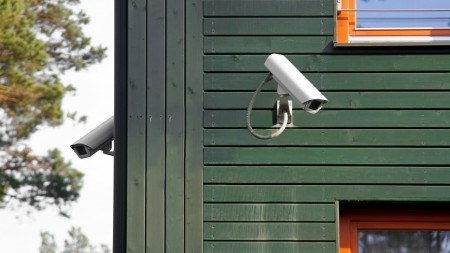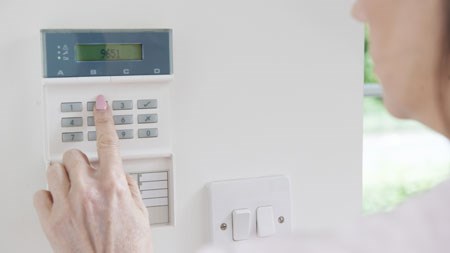The most recent Victims of Crime Survey revealed that roughly 830,000 incidences of housebreaking occurred in 2017/18, affecting 4,25% of all South African households. Of this, an estimated 156,000 home robberies occurred, which is an increase of 3% compared to the previous year. Considering this, it becomes understandable why, according to the FNB Estate Agent Survey for Q1 2019, 10.2% of homeowners sold owing to safety and security reasons.
“Social media sharing has enabled bad news stories to carry faster than mainstream news outlets can produce them. Safety has therefore become one of the largest concerns of the modern buyer. My advice to sellers is to make sure their home offers desirable security features such as alarm systems, burglar bars and raised exterior walls. When marketing the home online, make sure that these features are highlighted in the listing description and include photographs where these features are visible,” advises Adrian Goslett, Regional Director and CEO of RE/MAX of Southern Africa.
In addition to this, Goslett advises purchasing property in a security estate or complex. “While buyers might have to compromise on space and size to afford to purchase within these estates, the appeal of this kind of secure lifestyle will safeguard the long-term investment value of their home.”
Buyers are also cautioned against purchasing in high-risk crime areas. If you are unsure of crime levels in a particular neighbourhood, contact the neighbourhood watch group that patrols the suburb, or see if you can join the neighbourhood community groups on social media to keep up to date on the happenings in and around that suburb.
As a final piece of advice, Goslett explains that a real estate professional can prove helpful in finding buyers a home in a safe neighbourhood. “Considering that most online listings do not provide a street address, a real estate professional can save you from wasting your time going to view homes you’ve found online that, unknown to you, happen to be situated in undesirable locations,” Goslett concludes.



